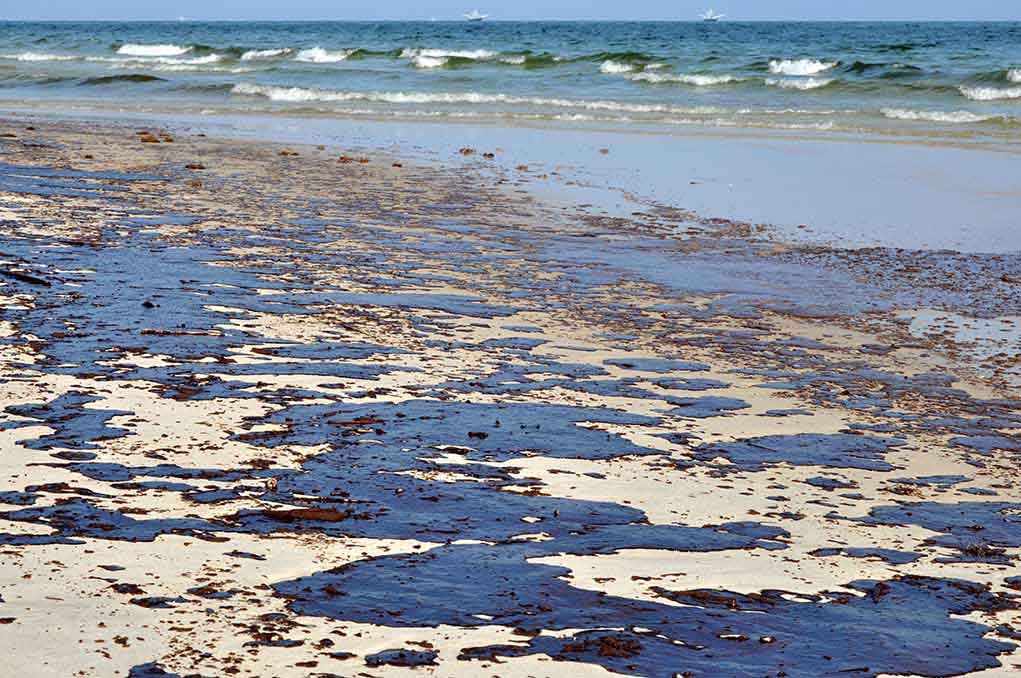
A lost man’s harrowing survival story raises questions about preparedness and the critical role of search and rescue teams.
Story Overview
- A man survived nine days in the wilderness by drinking dirty pond water.
- Rescuers found the man after spotting “HELP” carved into a rock.
- Experts emphasize the importance of preparedness and emergency planning.
Survival Against the Odds
In a remarkable display of human endurance, a man survived nine days in the wilderness with limited resources, relying on dirty pond water to stay alive. His plight came to an end when rescuers, alerted by a “HELP” message carved into a rock, found him. This story underscores the critical importance of emergency preparedness and the invaluable role of search and rescue (SAR) teams, especially in remote, high-risk environments.
The man’s story echoes a pattern of near-fatal incidents in U.S. National Parks and wilderness areas, where individuals often underestimate the risks posed by extreme environments. According to search and rescue experts, incidents like these highlight the necessity of carrying essential survival gear and being aware of one’s limitations when venturing into the wilderness. The survival window, often quoted by rescue teams, emphasizes how quickly conditions can become life-threatening.
The Role of Search and Rescue Teams
Search and rescue teams, largely comprised of volunteers, play a pivotal role in such high-stakes scenarios. They operate under county sheriffs or park agencies and are often supported by state and federal partners. The increased frequency of rescues since 2020 is attributed to a rise in outdoor activities, leading to more exposure-related emergencies. These teams employ advanced techniques, including thermal imaging and K9 units, to locate missing persons swiftly.
Officials often stress the urgency and precision of SAR operations, noting that survival estimates are medically informed and based on environmental extremes. Public education remains a key focus, with agencies reiterating the importance of proper gear, planning, and hydration. Such public safety lessons are crucial in preventing future incidents and ensuring that outdoor enthusiasts are adequately prepared.
Implications and Lessons Learned
The short-term implications of such rescues include heightened public awareness and compliance with safety advisories. In the long-term, there is a push for enhanced resource planning, including requests for better equipment and training for SAR teams. The broader impact is seen in the adoption of personal locator beacons and satellite messengers, which can significantly improve the chances of a successful rescue.
As the narrative of survival continues to capture public attention, it is crucial to acknowledge the tireless efforts of search and rescue teams. Their dedication not only saves lives but also reinforces the importance of common-sense safety practices in preserving life and protecting our communities.
Sources:
SEALs Were on Afghan Rescue Mission When Killed
List of Operations Conducted by SEAL Team Six
Operation Red Wings – Murph Seal Museum











